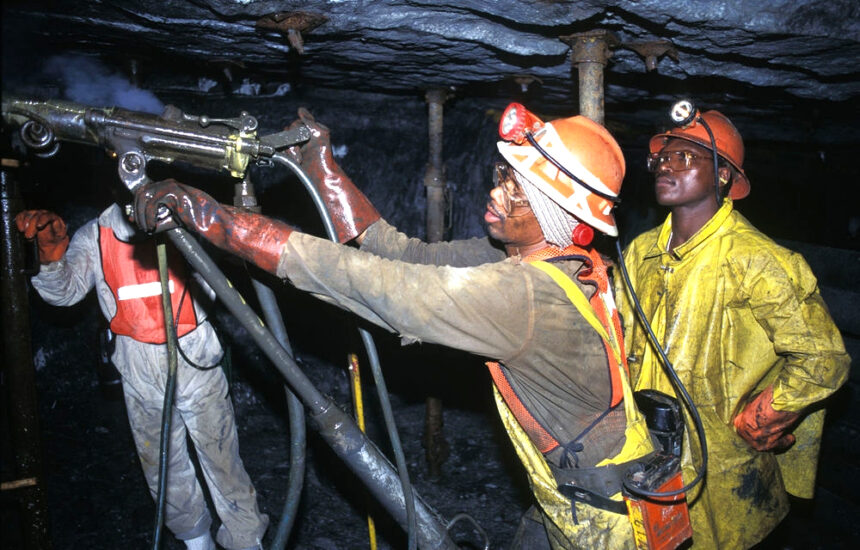The Chamber of Mines chief executive Veston Malango has admitted that to a certain extent, mines in Namibia have been in denial over the immense presence of tuberculosis (TB), as there is no sufficient screening at sites.
“That is because we have not done screening at the mines to establish that we have a problem, you can call it denial. That is why we needed to establish grounds for that so we can put mechanisms in place, and one of them is the Standard Operating Procedures,” he said.
Malango added that mining institutions must support the health ministry in combating TB as a public health concern in communities.
“We have convinced mine managing directors that TB is out there in the communities, and that it can come to the mines. While there is concern that it can come from the mines because of the silica dust and the hazardous environment and go to communities, we have realised that we need to implement the mitigating measures that have been identified,” he said.
Malango gave these remarks at the signing of the mine health and safety standard operating procedures (SOPs), adding that the chamber has taken note of the need for mass screening.
The executive director (ED) of mines Penda Ithindi said the mining sector is the cornerstone of our economy, being the main contributor to GDP and gains from trade, contributing not only to national development but also to the livelihoods of many Namibians.
“We must recognise that this economic importance carries with it a profound responsibility to ensure that the working conditions within the mining industry are safe, healthy, and supportive of the well-being of all individuals involved,” he stated.
Ithindi said this responsibility is especially critical in addressing the risks associated with TB, HIV and occupational lung diseases (OLDs) among mineworkers.
These SOPs will guide the mining industry in identifying and managing health risks, disseminating life-changing information, and monitoring the quality of workplace health initiatives. “Most importantly, they provide a clear path forward for early detection, prevention, and management of TB, HIV and OLDs in the mining environment.”
“By placing the health and safety of our mineworkers at the centre of mining operations, we are paving the way for a mining sector that is resilient, productive, and committed to the long-term prosperity of our nation,” said the executive director.
Health ministry ED Ben Nangombe noted that in Namibia, tuberculosis continues to be a burden, especially among people living with HIV (PLHIV).
“In 2023, Namibia, with a TB incidence rate of 460 per 100000 population, the country was ranked by the World Health Organization (WHO), as the 11th-highest to its incidence rate of Tuberculosis (TB) in the world,” he said.
Nangombe said the bacteria usually affects people who are immunocompromised, and there are a number of factors that predispose an individual to this infection.
“The TB incidence among mineworkers is estimated to be as much as 10 times higher than in the general population. Hence, prioritisation of TB services in the mining communities is of paramount importance,” he said.
-psiririka@nepc.com.na



